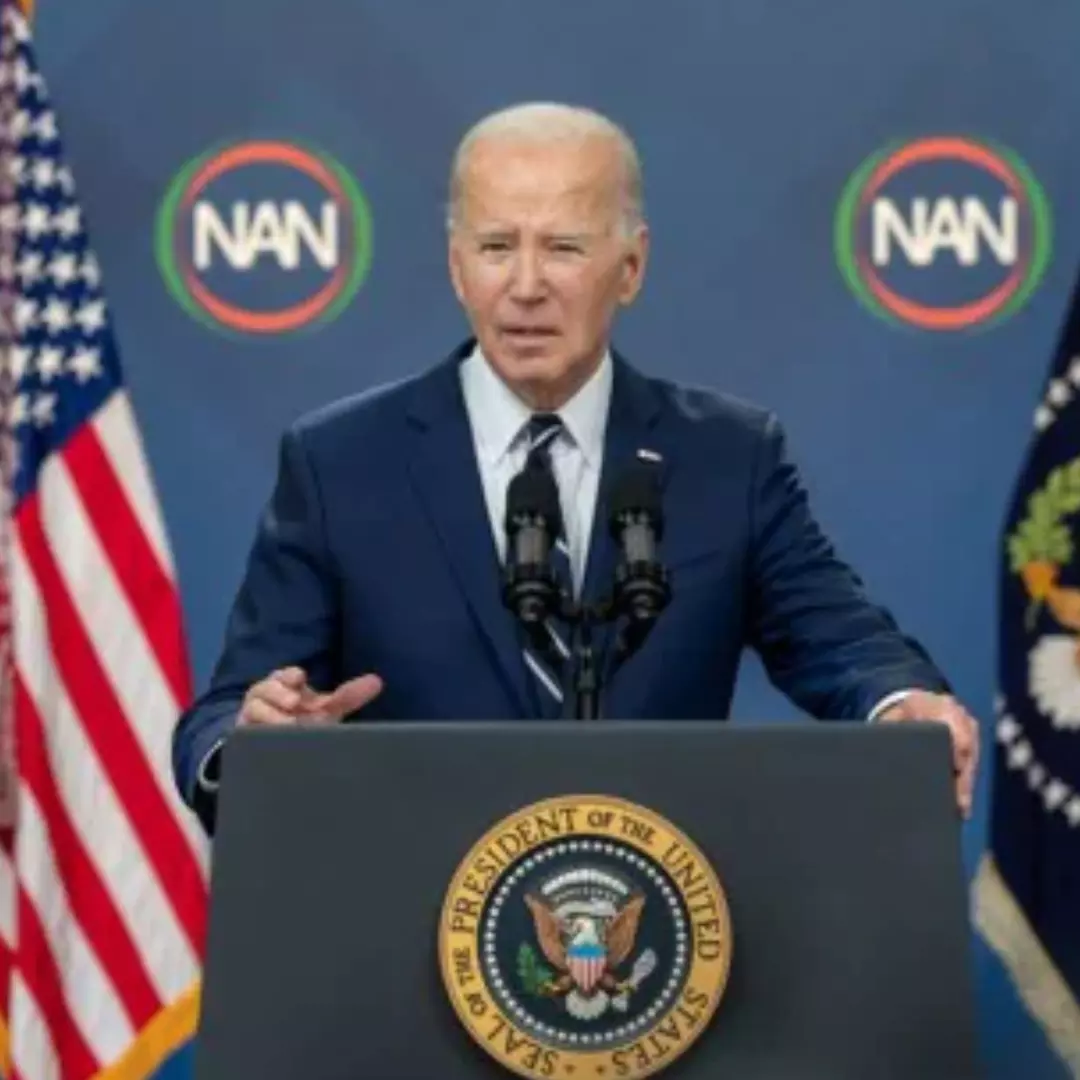In the wake of Iran launching over 180 missiles at Israel, marking one of the most significant assaults on the nation to date, President Joe Biden condemned the attack and discussed the implementation of new sanctions against Tehran. This dialogue took place during a call hosted by Italian Prime Minister Giorgia Meloni, aimed at coordinating a unified response to the escalating crisis in the Middle East.
Context of the Missile Attack:
Iran’s missile barrage marks a significant escalation in hostilities, occurring just after Israel’s ground operations against Hezbollah in Lebanon. The attack has led to heightened fears of a broader regional conflict, with Israeli Prime Minister Benjamin Netanyahu vowing that Iran would “pay” for its aggression. While most missiles were intercepted by Israeli air defenses, there were reports of minor injuries and damage within Israel.
G7 Leaders’ Urgent Discussions:
During a meeting with G7 leaders, Biden emphasized the need for a unified approach to address the threat posed by Iran. The leaders expressed strong concern over the situation and condemned Iran’s actions as unacceptable. They acknowledged the potential for diplomatic solutions but stressed that immediate measures are necessary to prevent further escalation.
Biden’s Stance on Military Action:
Biden made it clear that he does not support an Israeli attack on Iran’s nuclear facilities in retaliation for the missile strikes. He characterized such military action as likely to exacerbate tensions and emphasized the importance of proportionality in any response from Israel. The President reiterated that Israel has the right to defend itself but urged caution.
Future Actions and Sanctions:
Following the discussions, Biden indicated that new sanctions against Iran would be forthcoming. The U.S. administration is working closely with allies to ensure that any measures taken effectively reduce Iran’s military capabilities while maintaining regional security.
Conclusion: A Call for Restraint:
As military operations continue along Israel’s northern border against Hezbollah forces, Biden and other G7 leaders are urging all parties involved to exercise restraint. The situation remains fluid, with ongoing discussions about how best to respond to Iran’s provocations while avoiding a wider conflict in the region.
Also Read: India And Pakistan Engage In Indus Water Treaty Negotiations












